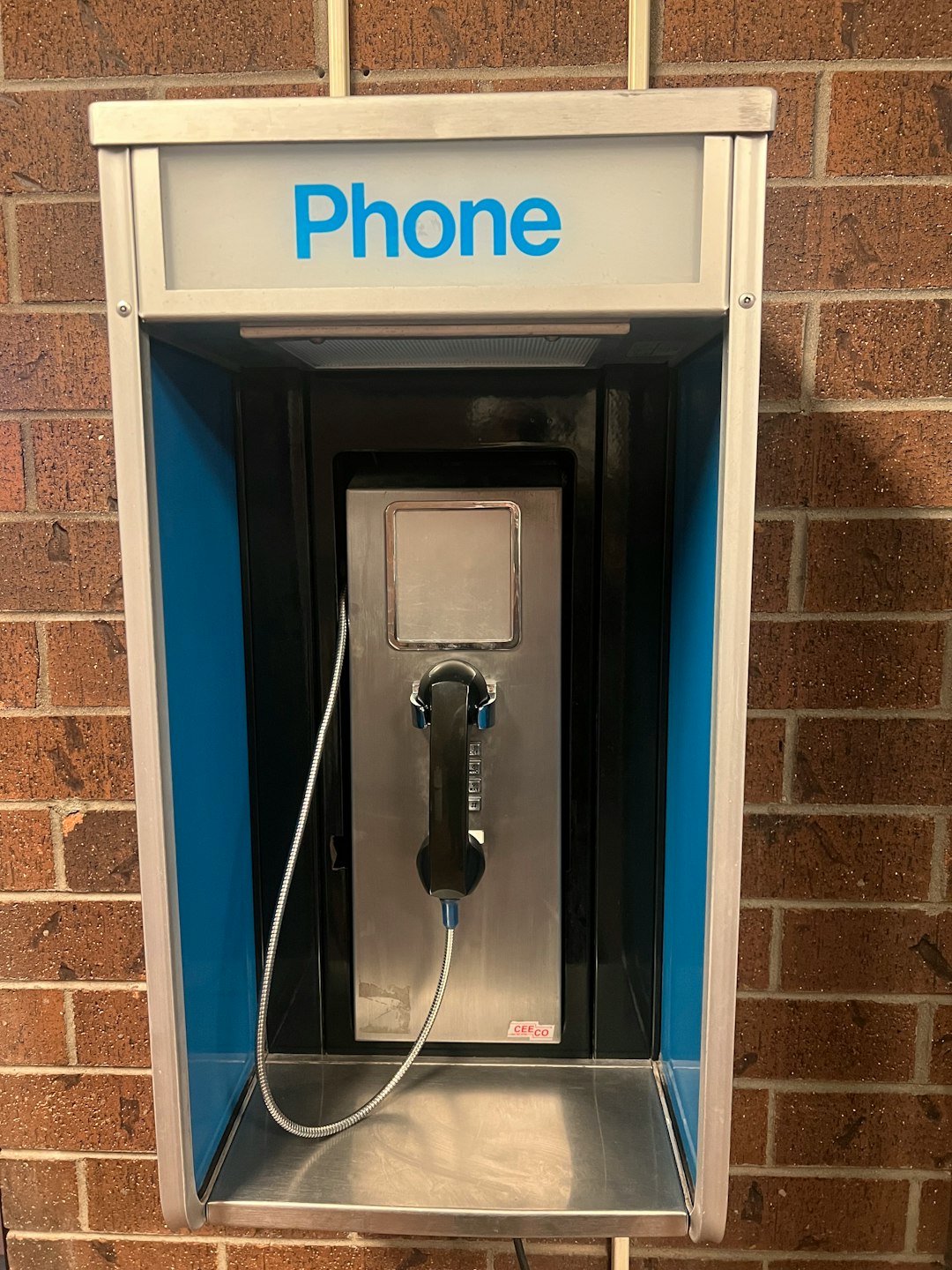In the digital age, data analytics empowers law firms in Connecticut using autodialing technology to transform customer outreach. By leveraging AI and algorithms, firms analyze caller data to personalize communication based on demographics and legal history, enhancing client relationships and boosting lead conversion rates. This strategic approach combines call timing optimization and personalization, ensuring peak engagement times and targeted message content. Data analytics also assists in navigating legal compliance regulations like TCPA and CAN-SPAM Act, streamlining record-keeping and reducing fines. Measuring success through KPIs such as conversation and callback rates, businesses can optimize their autodialing strategies for effective audience reach and meaningful connections, driving business growth, especially for those seeking a lawyer for autodialer Connecticut.
In today’s competitive legal landscape, effective client outreach is paramount. Data analytics in autodialing offers a powerful tool to achieve this, revolutionizing how law firms connect with potential clients. This article explores the synergistic relationship between autodialing and data analytics, highlighting its benefits across client engagement, call optimization, compliance, and measurement. Discover how this technology can enhance your legal practice and improve outcomes, even when navigating complex regulations, as exemplified by successful implementations by Connecticut-based lawyers.
Understanding Autodialing and Data Analytics: A Powerful Combination

In today’s digital era, businesses are turning to data analytics as a powerful tool to enhance their operations and gain competitive advantages. One area where this combination proves invaluable is autodialing, a technology revolutionizing customer outreach for law firms in Connecticut. Autodialing involves automatically placing outbound calls, often using advanced algorithms and AI, to connect with potential clients or customers. However, it’s not just about making more calls; it’s about making smarter, data-driven decisions.
When autodialing is integrated with data analytics, law firms can leverage valuable insights to optimize their outreach strategies. By analyzing caller ID data, call outcomes, and customer interactions, they can identify trends, predict preferences, and personalize communication. For instance, a lawyer for autodialer in Connecticut might use this technology to segment their target audience based on demographics or past legal services sought, ensuring that marketing efforts are tailored to resonate with each group. This level of personalization not only improves client satisfaction but also increases the chances of converting leads into paying clients.
Enhancing Client Outreach and Engagement with Data-Driven Strategies

In today’s competitive legal landscape, enhancing client outreach and engagement is paramount for success. Data analytics offers powerful tools to achieve this in the realm of autodialing. By leveraging data-driven strategies, law firms can identify key demographics and tailor their communication approaches accordingly. For instance, a lawyer for autodialer Connecticut could utilize analytics to target potential clients based on specific legal needs, ensuring that outreach is relevant and impactful.
This personalized approach not only improves client satisfaction but also boosts engagement rates. Through detailed insights into caller behavior and recipient responses, law firms can optimize their autodialing campaigns. This includes adjusting call timing, refining script content, and even personalizing messages to create a more meaningful connection with potential clients. Such strategic adjustments can significantly increase the chances of converting leads into loyal customers.
Optimizing Call Timing and Personalization for Better Results

In the realm of autodialing, optimizing call timing and personalization is a game-changer. By leveraging data analytics, businesses can identify the best times to reach their target audience, ensuring maximum engagement and response rates. This strategic approach, which a lawyer for autodialer Connecticut might recommend, goes beyond simple scheduling; it involves analyzing caller behavior, historical data, and even time zones to personalize each interaction. For instance, understanding that certain demographics are more receptive during specific hours allows for tailored campaigns that resonate better with potential clients or customers.
Such optimization doesn’t stop at timing. Personalization extends to the content of messages and interactions. Data analytics can reveal preferences, past purchases, or common queries, enabling businesses to craft more relevant and compelling messages. This level of customization increases the likelihood of positive responses, whether it’s scheduling consultations or promoting new services. For a law firm using autodialing in Connecticut, this means connecting with prospects on their terms, building relationships, and ultimately enhancing client acquisition rates.
Streamlining Legal Compliance and Record-Keeping Processes

In the realm of legal compliance, data analytics plays a pivotal role in streamlining processes for businesses using autodialers. By meticulously analyzing call records and customer interactions, companies can ensure they adhere to regulations like TCPA (Telemarketing Consumer Protection Act) and CAN-SPAM Act. This is particularly crucial for a lawyer for autodialer Connecticut, as non-compliance can lead to hefty fines and legal repercussions.
Automated data tracking enables efficient record-keeping, making it easier to verify and document consent, track opt-out requests, and monitor call volume and timing. This streamlined approach not only saves time but also reduces the risk of human error, enhancing overall compliance and mitigating potential legal challenges for Connecticut-based autodialer users.
Measuring Success: Key Performance Indicators (KPIs) in Autodialing

Measuring success is paramount in any business venture, and autodialing is no exception. To evaluate the effectiveness of an autodialing campaign, key performance indicators (KPIs) provide a clear roadmap. One of the primary KPIs to track is conversation rates; this metric reveals how many calls result in a live connection with a prospect or client. A high conversation rate indicates that your autodialer system is successfully reaching the intended audience.
Another crucial KPI is the callback or conversion rate, which measures the percentage of prospects who return a call after being contacted by an autodialer. This metric is particularly important for legal practices in Connecticut seeking new clients. By analyzing these KPIs, businesses can refine their autodialing strategies, ensuring they are not only reaching the right audience but also fostering meaningful connections that lead to business growth.






